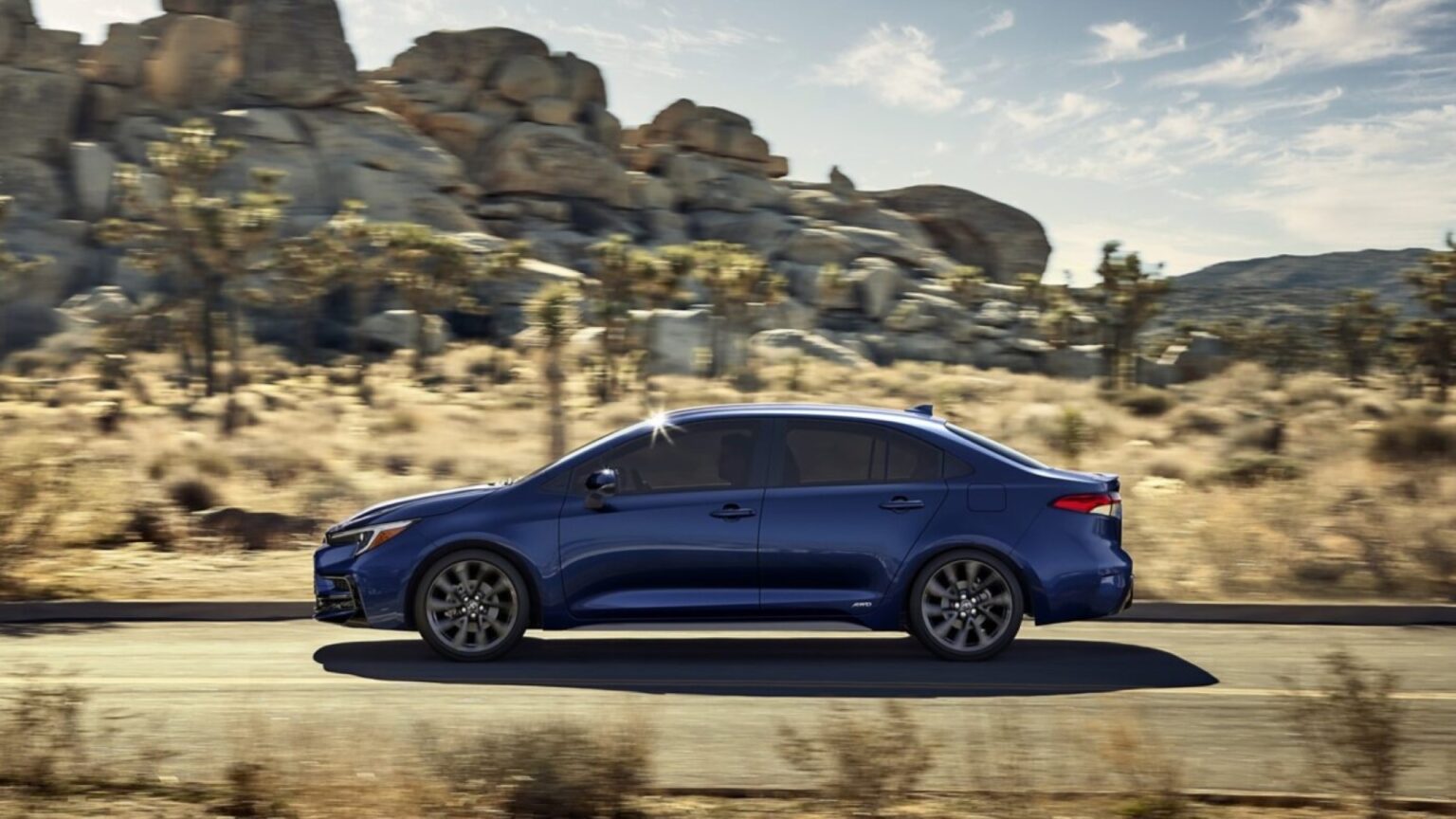Americans are buying more electrified cars than ever, according to newly released data from the U.S. Department of Energy, accounting for nearly 20 percent of sales in Q3 this year. However, much of that growth is concentrated in lower priced hybrid models, not the luxury BEVs that continue to take up too much space in the full-electric market.
The record 19.6 percent electrified market share for Q3 includes HEVs, PHEVs, and BEVs. But on their own, hybrid vehicles made up 10.8 percent of Q3 sales, another record. BEVs claimed a 7.0 percent share, a 0.4 percent drop. And digging deeper, 70 percent of those BEV sales were luxury models, compared to only 10 percent of hybrid sales. Clearly, buyers are loving the recent expansion of hybrid options across nearly every automaker’s lineup.
The EV sales slowdown is no surprise. The initial EV excitement, novelty, and discounts have faded, and manufacturing costs, overproduction, and unreliable EV charging are the new reality. Oh, and, hybrids are just cheaper.
According to Cox Automotive, the average transaction price (ATP) for an EV was $56,351 in September. Although a 0.9 percent year-over-year decrease, the EV ATP is much more than the industry-wide average of $48,397. The current cheap champ of hybrids is the 2025 Toyota Corolla Hybrid, which starts at $24,760—less than half the EV ATP.
Automakers are scrambling to adjust to the EV over-supply and under-demand. Ford halted F-150 Lightning production and pivoted to hybrid models. Volkswagen Group is shifting its ever-tightening budget back to gas cars, while both General Motors and Mercedes-Benz have changed their EV-right-now strategies to playing the long game.
Now, just because consumers are more hybrid-friendly overall doesn’t mean they aren’t still EV-curious. EV buyers with deep pockets control 35.8 percent of total luxury vehicle sales. Yup, more than a third of all luxury models sold in the U.S. are electric. When looking at EV sales specifically, luxury automakers have an even larger piece of the pie.
To be fair, luxury automakers were some of the first to really dive into all-EV promises. BMW, Jaguar Lander Rover, and Benz made announcements in the early 2020s. With smaller lineups than mass-market manufacturers, there was more flexibility. Consumers with extra cash also tend to gravitate toward trying something new before anyone else. EVs’ hold on luxury car sales is being chipped away by hybrids, but not by much and not very quickly. Also, as EV charging access and infracture improvements take shape and pricing stabilizes, if anyone should worry, it’s ICE powertrains and their inevitable niche new-car status.
Read the full article here

